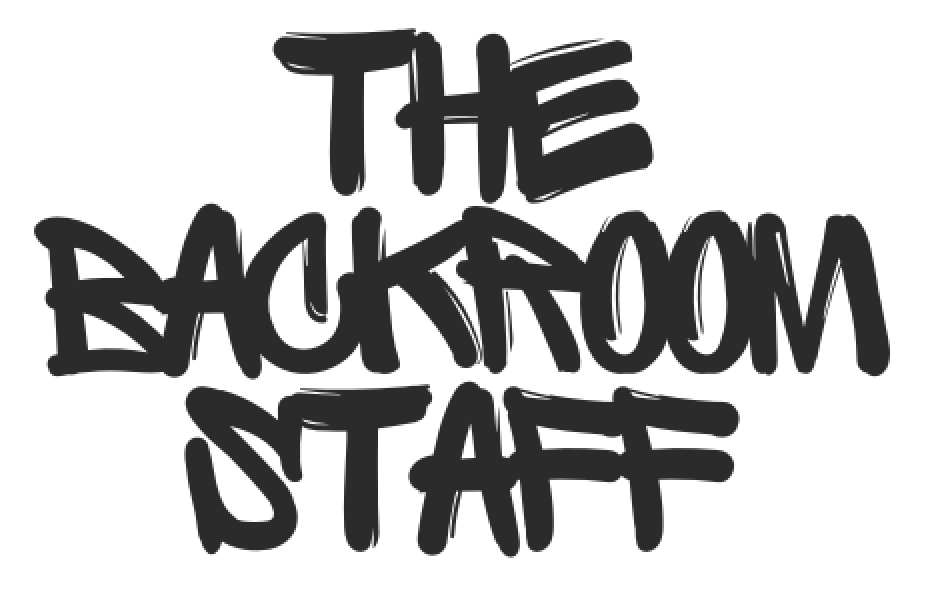How does a country with fewer than 400,000 people consistently produce top-level players and achieve some of the most memorable results of the past decade?
People like Siggi Eyjolfsson deserve enormous credit for helping create the conditions for Icelandic footballers to succeed on the international stage. Following a playing career that took him to the US, England and Belgium, Siggi’s became a driving force behind Iceland’s incredible coach education system, where an impressive 70% of coaches hold at least UEFA B licenses (!).
As a coach, Siggi has gained diverse experiences across both men’s and women’s football. He led Iceland’s women’s national team to some their greatest successes, including their first ever senior international tournament appearance at Euro 2009 and their best performance, reaching the quarter-finals at Euro 2013. He’s coached ÍBV and Keflavík in the Icelandic top flight and gathered extensive experience abroad at Lillestrøm (Norway), Jiangsu Suning (China) and China’s women’s national team.
In this interview, Siggi shares how his role in football has evolved, the importance of adaptability and what it’s like looking for a job as a coach with an extensive resume!
The interview has been condensed and lightly edited for grammar and clarity.
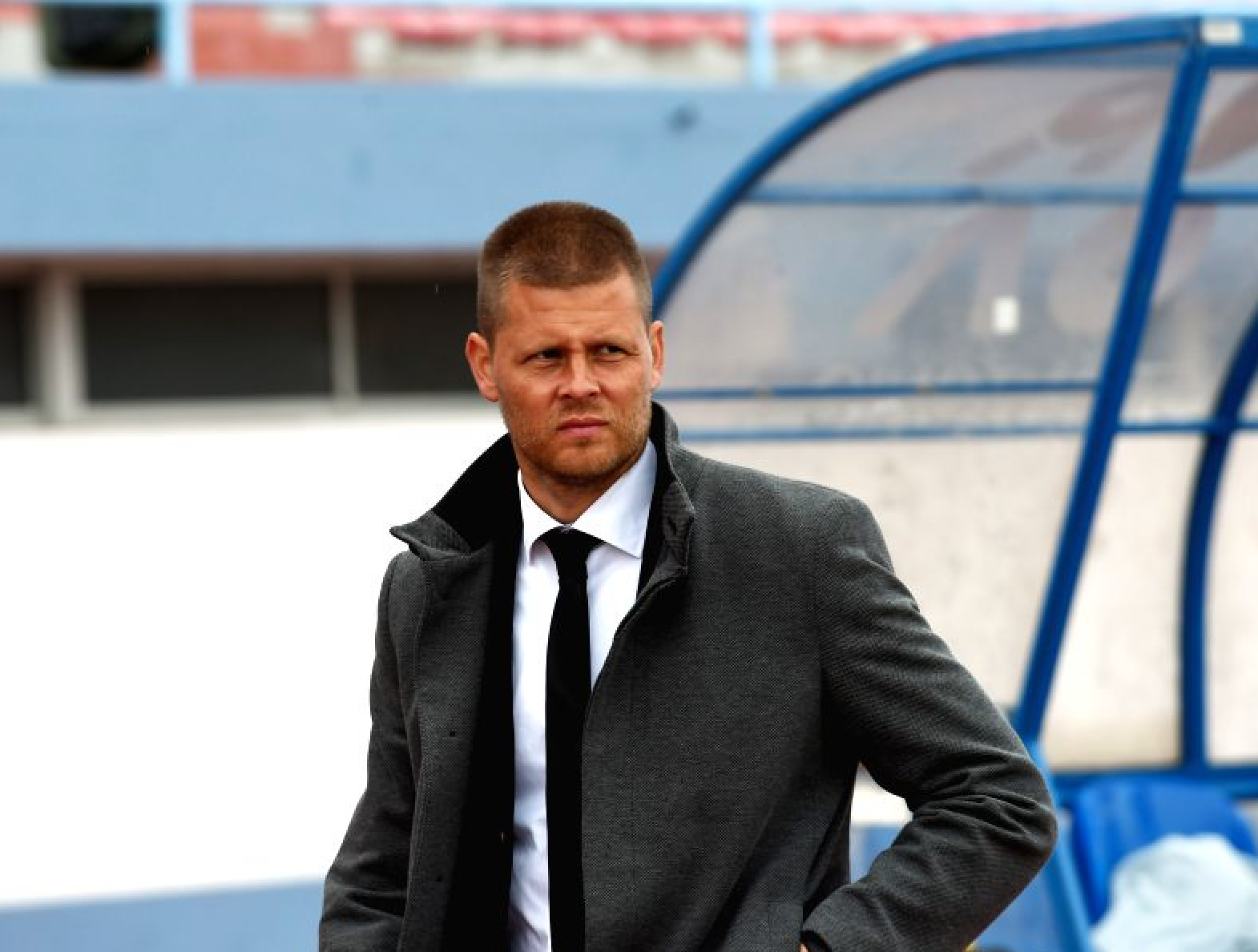
[ How did you end up starting your playing career at university in the US? ]
I was approached by one of my teammates at KR, Hilmar Björnsson - he knew I was interested in going to the States. His old college coach had contacted him asking if he knew any good Icelandic players.
Hilmar called me on a cold winter day in Iceland and asked, ‘how would you like to go and play in North Carolina in warm sunshine and 35 degree heat?’ I looked at the snowy pitch and said, ‘sign me up!’ A few months later I was in the US.
After college, I had an opportunity to go on trial at Walsall Football Club in England through an agent who saw me play in the US. I ended up signing for Walsall and we got promoted to the second tier in England - the Championship. Later I played in the top league in Belgium before finishing my career back home in Iceland.
[ Did you already have coaching in mind during your playing days? ]
That was always my interest, yes. I studied exercise and sports science and did my master's in sports psychology on a scholarship. I was able to get my education pretty much for free, which was a great opportunity, especially because at that time you could not study those topics in Iceland.
This benefitted me a lot and when I moved back to Iceland towards the end of my career, I applied for the vacant Coach Education Director role at the Icelandic FA. I got the job and had that role for about 13 years and halfway through I was offered the women’s national team job too - so it worked out fantastically for me.
I went each year to UEFA conferences where coaches and coach education directors would meet and most of them were 20-25 years older than me! But I had a lot of enthusiasm and interest to do well and improve the status of coach education in Iceland.
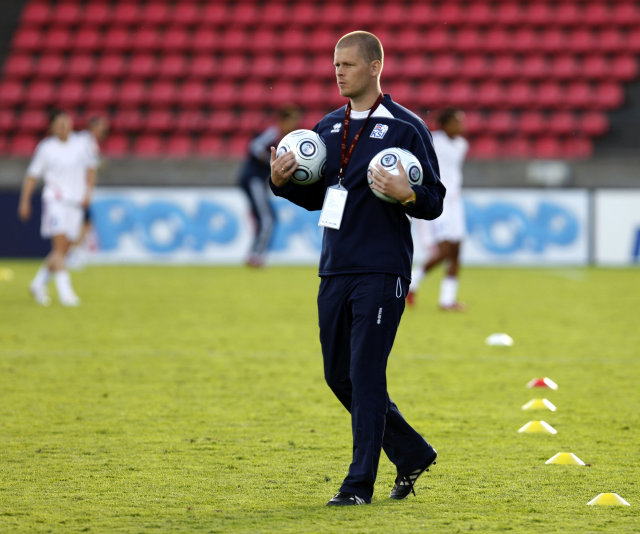
[ Did your experiences abroad help you in this role? ]
Yeah, I think playing the game in England and Belgium at a much higher level than what was available in Iceland and being exposed to very good coaches really helped me. My vision was to help Icelandic coaches become more like that, to be able to teach the game and help players improve in different ways. I think it influenced my work a lot.
[ How has Icelandic football been able to produce so many outstanding players and outperform much bigger countries? ]
We have some unique things going on in Iceland. To name just a few: we’ve really improved the winter facilities - building astroturf pitches so kids can play the sport year round. When I was growing up, it was only possible to play football for maybe 4 or 5 months of the year, if you can play 10 or 11 months - or even the whole year - it obviously helps a lot.
We’ve also improved our coach education a lot. Pretty much every coach in Iceland has some formal education. We’re not that many people - there are only about 400,000 people in the whole country - so we decided early on to try and make the courses as cheap and available as possible so as many people as possible would come. We brought and ran courses all around the country to reach more coaches.
Also, in Iceland, all coaches get paid. In some countries, like Norway where I was also coaching, you have volunteer coaches coaching the children - but in Iceland, it’s a profession, you can focus on it very early and everyone gets paid.
We’ve been punching above our weight. Our women’s national team has been as high as #13 in the world and the men’s #18. For a nation with only 400,000 people and 20,000 players of all ages and sexes. I think we’re definitely doing something right!
"in Iceland, it’s a profession, you can focus on it very early and everyone gets paid"
[ How did you end up as the Iceland women’s national team coach? ]
After I started working as the Director of Coach Education, UEFA sent a letter to all the national associations asking all the technical directors and coach education directors to have the UEFA Pro License and requesting that the license be taught in each country. I was admitted to the course through the English FA, there were only 16 people on the course so it was very difficult to get in but the English FA extended that courtesy to the Icelandic FA.
The course took a year and a half and because there were projects you had to do during the course, everyone had to have a team. The Icelandic FA has rules that you can’t coach a club and work at the FA, so they decided to offer me the chance to take over the women’s national team! So I started coaching at a high level right from the beginning.
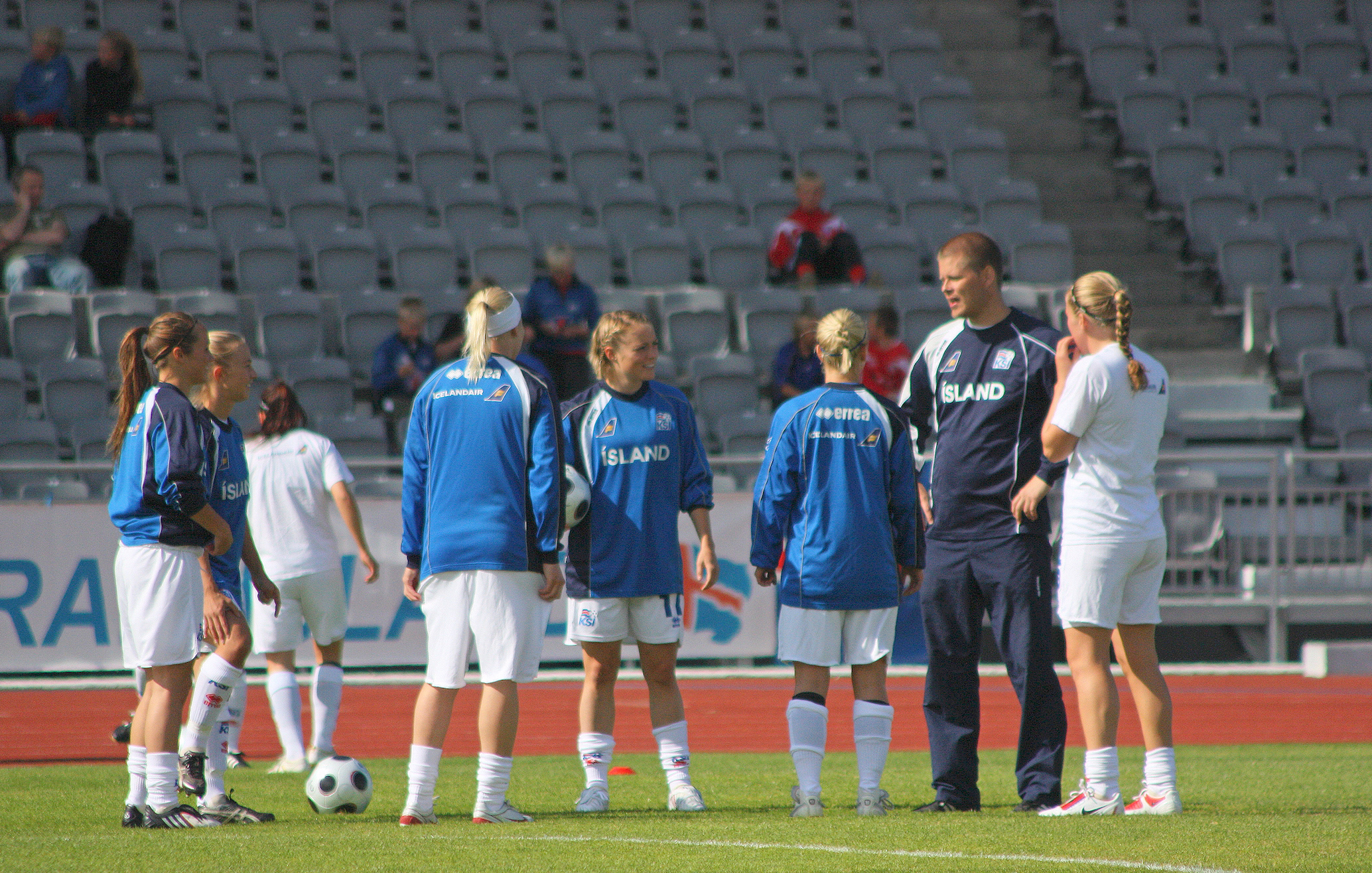
[ You’ve switched back and forth between women’s and men’s football during your career, how has this changed your coaching style? ]
I think if you're a coach and you have an opportunity to coach both men and women in your career, you should definitely go for it. I wouldn’t have liked to be without that experience.
Some things are the same, but other things are very different. I sometimes explain it this way: if you're telling something tactically to a male player, he might say, ‘yeah I know all that, don’t worry about it’ but he doesn’t actually know! A female player on the other hand will be really focused and want to know her role exactly.
So there’s a little gender difference, I think female players are probably more focused on being a great team and teammate while male players are probably a little bit more individualistic but of course, that’s generalizing a bit too.
Overall, it’s a unique experience and it makes you a better coach and a better person I think.
"if you're a coach and you have an opportunity to coach both men and women in your career, you should definitely go for it"
[ Do you think this switching between the male and female game will become more common for coaches? (e.g. Hervé Renard recently with the French women’s team) ]
I think the women's game is only going to grow. We can see it growing faster over the last few years - and it was still growing in the past. There’s more money, interest and better coaching coming into the game.
At the same time, there are a lot more licensed coaches than before - and not enough clubs for all of them to get a job. So many of them are moving into the women’s game as well. We see that in Iceland, the women’s teams here have great and very qualified coaches - coaches that have coached in the top divisions in Denmark for example.
From the coaches I’ve spoken to who have gone from the men’s game to the women’s, they all love it. I haven't met a single one that says, ‘It’s been a horrible experience, I can’t wait to get back to the men’s game’ - I never hear that story.
Overall, you’re just coaching a team of football players and you want to help them improve and meet them wherever they're at and help them achieve their dreams - whatever it is. As long as I’m working with ambitious players who want to improve and work hard, it doesn’t really matter if I’m coaching men or women.
[ You also coached in China - how can coaches adjust to working in different countries, cultures and languages? ]
Yeah, there were a lot of differences!
I first went to China to coach Jiangsu Suning’s women’s team and we were successful there and later I became the coach of the Chinese national team. While I was coaching in China, most of the players didn’t speak English so I had to coach through a translator - that was something new and different. I had a translator who, when I raised my voice, he would raise his voice! It was weird to scream something in English and then wait for the translation.
Also, some things in Chinese culture are just totally different to Icelandic culture. In Icelandic society, there’s not a lot of hierarchy, whereas Chinese culture is very much about hierarchy and respect - i.e. listening to your boss and respecting his wishes and so on. You need to understand these cultural factors because they affect a lot about how the players think and approach the sport.
Before I joined Jiangsu Suning, the club had Chinese coaches and they were training two, sometimes three times per day, which I thought was crazy but they wanted to train a lot so nobody could say, ‘the team’s not doing well because you’re not training enough’.
In reality, they were just training too much. There were good players there, they just weren’t training in a very smart way and I think it was affected a lot by the culture. We decreased the amount of training, the results improved and we won the Chinese FA Cup in our first season.
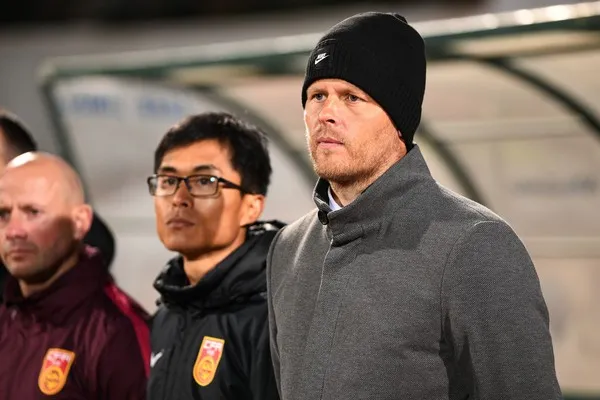
[ Did the club offer a sort of cultural ‘crash course’ to help you make these adjustments? ]
I was always trying to educate myself and I counted a lot on my translator who became a good friend. He could tell me a lot of things about the culture and answered many of my questions. That’s part of the adventure of being in another country to coach - you learn something new, you meet new people, and you have some great experiences outside of football as well as within football.
[ Can you talk more about your current situation, are you looking for a new coaching job? ]
Yes, I'm looking for a new job. I was coaching for 4 years at Keflavík in the top league in Iceland and now I’m looking for the next job. I’m doing some work at the Iceland FA mentoring some coaches taking the A license course but I’m actively searching for the next job, it could be in Iceland or abroad.
[ What does a job search look like for a coach with your CV? Do you use an agent or look on your own? ]
I don’t know if I’d be the best person to say! In the past, I’ve gotten jobs in all kinds of different ways. When I went to Norway, I was asked by the head coach if I’d like to go with him as assistant coach.
In China, the opportunity was many years in the making. When I was Iceland’s national team coach, we beat China 4-1. After the game I met the China team manager, he came to me and said, ‘maybe you should coach the China team!’. I had just taken over the Iceland team so I told him, maybe in the future. He remembered our talk many years later when his local club Jiangsu Suning was looking for a foreign coach and asked him for recommendations.
Right now I’m trying to get my CV out to agents, contacting people, writing a few articles and trying to use my network. It takes time to get a good job and I think it's getting more difficult as you age as a coach and there are more pro licensed coaches.
Sometimes you might get a job through good connections but I’ve also applied for jobs that had 400+ applicants where I didn’t get an interview. It's not easy, I've also been offered jobs that I said no to after going through all the interviews because it wasn’t the right fit in the end.
If you’re a coach at a high level or with a first team, you’ve chosen a profession where there's no job security. We can see that even here in Iceland, one of the clubs I grew up at - KR Reykjavik - changed head coaches 3 times last season!
You have to be willing to travel. Are you ready to go to China tomorrow if you get the opportunity or move to the Westman Islands? I got an offer to take a job there but I said no because I don’t want to live on a small island south of Iceland for the next 2 years away from my kids. When I went to Norway, I had an offer to join the Australian FA as assistant technical director, that would have been very exciting and a great adventure but my wife then wanted to live somewhere closer to Iceland, which I could understand as Australia is completely the other side of the world!
At this stage of my life, if I am going to go abroad again, then it needs to be a very exciting job or a well paid job with a really interesting challenge and adventure.
You also have to be ready to be unemployed from time to time, so you better save money because you might be several months without a job. It’s not for everyone.
"Sometimes you might get a job through good connections but I’ve also applied for jobs that had 400+ applicants where I didn’t get an interview"
[ Are you only looking for head coaching jobs or are non-head coaching or even non-coaching jobs also interesting for you? ]
Absolutely. I've always been interested in coach education and technical director or sporting director kinds of jobs. These topics - how do you develop good players? How can we improve how players are coached? - are still very interesting to me. I thought about this every day for 13 years at the Icelandic FA! I’m an ‘overthinker’ and these questions are going around in my mind every day.
I absolutely love being involved in football and feel very blessed to have these great experiences and a wonderful career.
